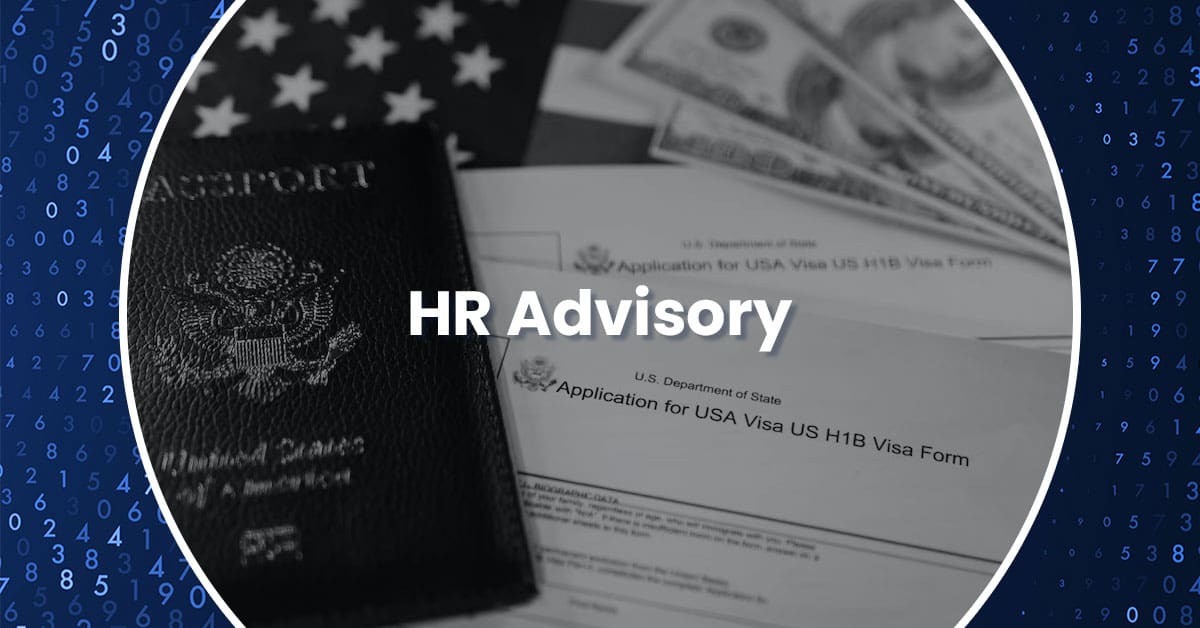By Lisa Calick, SPHR
New Jersey employers will soon be faced with new requirements to provide paid sick leave to all employees. Signed into law by Governor Murphy earlier this year, the new requirements will take effect on October 29th.
As stated in an earlier blog,this mandate applies to businesses of all sizes and requires employers to provide up to 40 hours of paid sick leave to employees, including part-time, temporary and seasonal employees. Businesses that do not currently offer paid sick leave to all employees will need to take steps to prepare for this requirement.
Some key provisions of the law:
Accrual of Leave
Companies may choose to provide sick leave in two different ways:
- The accrual method, where employees accrue 1 hour of paid leave for every 30 hours worked; or
- The annual method, where the entire amount of 40 hours can be frontloaded at the beginning of the benefit year
Usage of Leave
New employees will be eligible to use earned sick leave after 120 days of employment. Unused balances at the end of the benefit year may either be carried over or paid out to the employee, depending on which method you use.
PTO Policies
Employers that have an existing PTO policy will be considered to be compliant if such a policy provides for the accrual, usage, payment and carryover obligations that are stated in the law.
Notice and Recordkeeping Requirements
Employers will be responsible for posting a notice of employee rights in a conspicuous location. Written copies must also be given to new employees upon hire, and existing employees by November 29, 2018. Records of employee hours worked and paid sick leave used must be kept for a 5-year period, including sick leave accrued, advanced, used, paid out and/or carried over.
Action Steps
Employers need to make certain decisions in advance of the October 29thdate, such as which method to use and defining its benefit year. Companies should also review and update any existing leave policies to ensure that they comply with the new law.
As a mentor to our clients, Lisa Calick, SPHR is responsible for providing HR solutions to both colleagues and clients, helping to strengthen operational processes, allowing them time to focus on their core strategic goals. Reach Lisa at 973.577.2877 or [email protected].

 Previous
Previous






